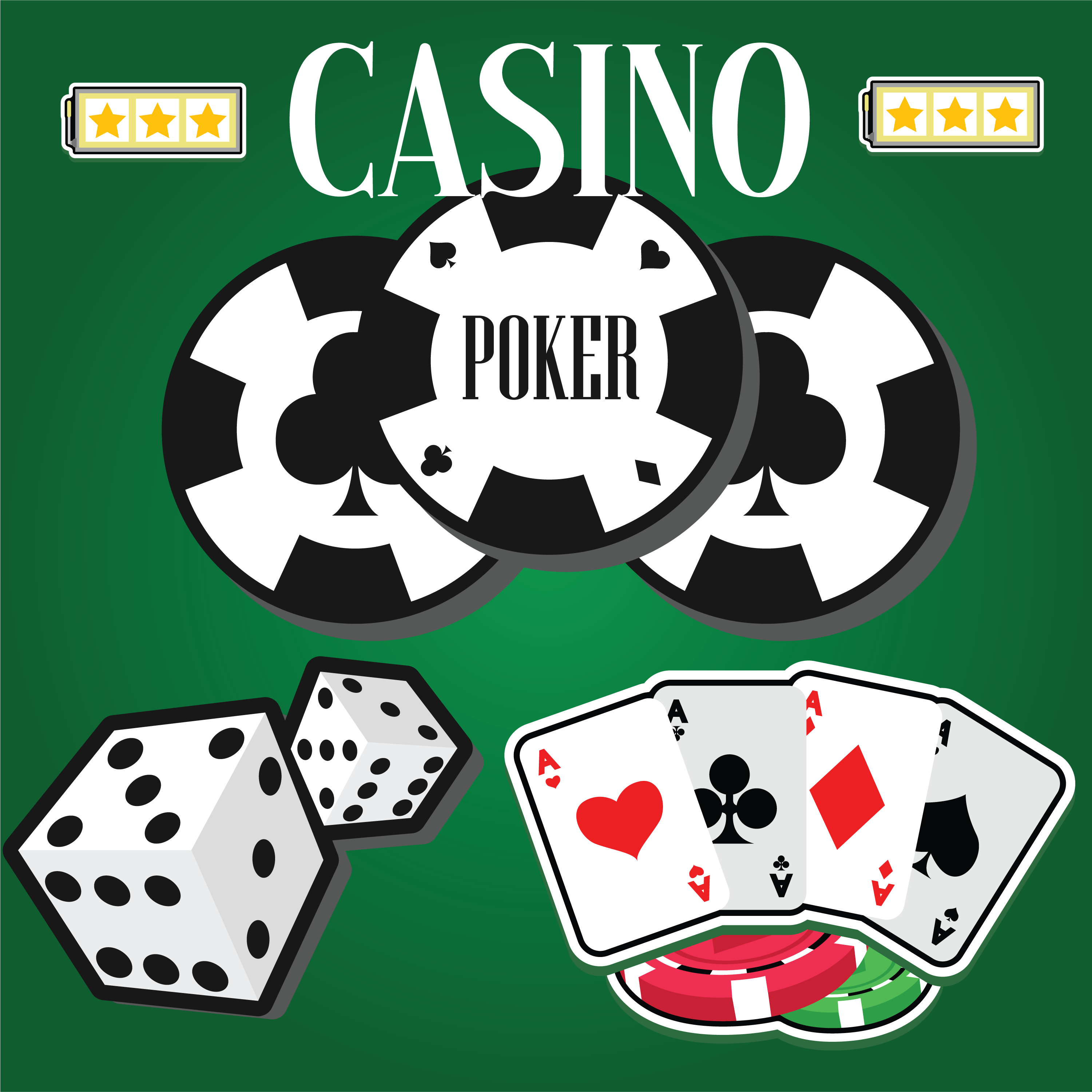You’ve probably believed that manifestation can be a great way to attain your goal and successful casino player. However, success in the casino (online or not) isn’t just about luck or positive thinking. You should also have a solid understanding of the games you’ll be playing, managing your bankroll, and approaching your play with a strategic mindset.
So yes, just having a winning mindset can be a good approach but it may not be enough. There are other psychological factors you should consider to become a successful gambler. That’s what we’ll be taking a closer look at in this article.
Cognitive Biases in When Gambling
New or not, in playing casino games, always be cautious about certain biases that could impact your decisions. Not sure what those are? Here are the most common biases gamblers are prone to:
Gambler’s Fallacy
Have you ever felt that after the losses of a series, you’re all set for a win? This is the gambler’s fallacy at work. It’s the belief that past events can influence the outcome of future events in a game of chance.
The story of how this came to be is already a serious warning of how dangerous it can be. In 1913, there was a roulette table at the Monte Carlo Casino where the ball landed on black 26 times in a row. This was highly unusual, and many of the bettors placed increasingly large bets on red, expecting the streak to end. At the end of the night, some of them lost millions—and that’s what the gambler’s fallacy is. The “Can roulette be rigged?” On vegasfreedom.com explains this in more detail.
It’s common until today and believing that there are hot and cold games is an example. To avoid the gambler’s fallacy, keep in mind that each round of the game you’re playing is independent of the other. Whatever it is you experienced in the past doesn’t matter. Always start fresh.
Confirmation Bias
Confirmation bias is when you seek information that supports your beliefs and ignore evidence that contradicts them. In gambling, this might mean you only pay attention to the total amount you win instead of how much you had to spend to get that win.
Loss Aversion
Loss aversion refers to the tendency to prefer avoiding losses over acquiring equivalent gains. In other words, the pain of losing is often more intense than the pleasure of winning. This can cause you to make overly conservative bets or, conversely, to chase losses in an attempt to break even.
Intuition vs Analysis
After understanding the cognitive biases that can influence your betting decisions, it’s essential to explore the balance between intuition and analysis. Both play crucial roles in how you approach your casino gameplay, but they operate in fundamentally different ways.
Intuition is often described as a gut feeling or an instinctive response. It’s the quick, automatic thought process that doesn’t rely on deliberate reasoning. In gambling, intuition can be influenced by your past experiences, emotions, and even subconscious patterns you’ve noticed.
For example, you might have a hunch that a particular slot machine is “hot” because you saw someone win big on it recently, or you might feel drawn to a certain roulette number. While intuition can be helpful in some casino games, like poker where reading other players is key, it can also be misleading. Those hunches might be influenced by excitement, wishful thinking, or the overall vibe of a casino site.
On the other hand, analysis involves a more strategic approach to your casino play. This could mean:
- Understanding the odds: Learning the probabilities of different bets in games like craps or roulette.
- Studying basic strategy: Memorizing optimal strategies for games like blackjack can significantly improve your chances of winning.
- Researching payout percentages: Comparing payout percentages for different slot machines can help you identify games with better odds.
- Managing your bankroll: Setting a budget and sticking to it is crucial for responsible and successful casino play.
However, know that even with analysis, gambling always involve some luck or chance. There’s simply no foolproof system for winning every time. It’s just wise to always see premium slots available to play online or any other casino game with a more realistic mindset.
Psychological Resilience: Toughness and Handing Losses
Psychological resilience refers to your ability to cope with stress and adversity, bouncing back from losses and setbacks. In the context of gambling, resilience helps you stay focused and composed, even when things don’t go your way. Here’s how you can build and maintain psychological resilience:
Accept Losses as Part of the Game: Losses are inevitable when you’re gambling. Accepting this fact can help you avoid emotional reactions that might lead to poor decisions. Instead of dwelling on a loss, analyze what went wrong and use it as a learning opportunity.
Set Realistic Expectations: Understand that no betting strategy guarantees a win every time. Setting realistic goals and expectations can prevent disappointment and help you stay motivated.
Stay Disciplined: Stick to your gameplay plan and avoid impulsive decisions. Discipline helps you maintain control over your actions and prevents emotional and impulsive betting. This includes managing your bankroll wisely and not chasing losses.
Conclusion
So yes, a winning mindset isn’t just about your luck and intuition. It’s not even just manifesting that you end up being a successful casino player. You need to do the work to understand and overcome cognitive biases and find the difference between intuition and analysis before you place those bets.
As always, gambling can be risky and losses are inevitable. That’s why you should also prepare yourself to handle losses and even be ready and more accepting of them.






